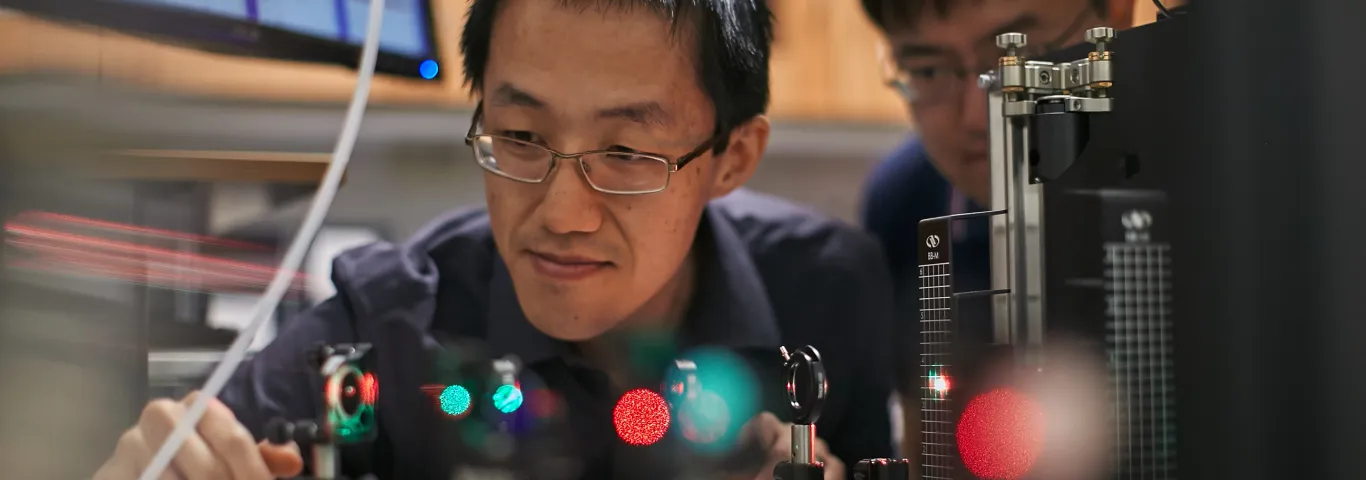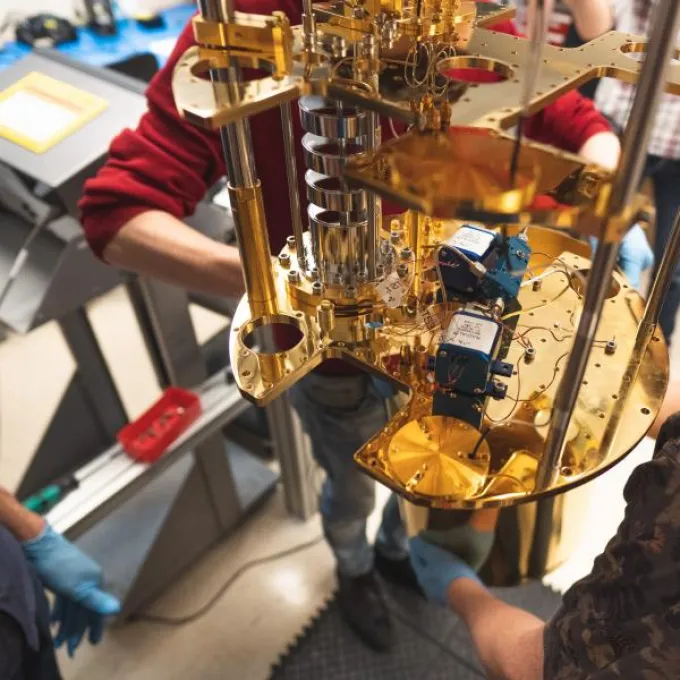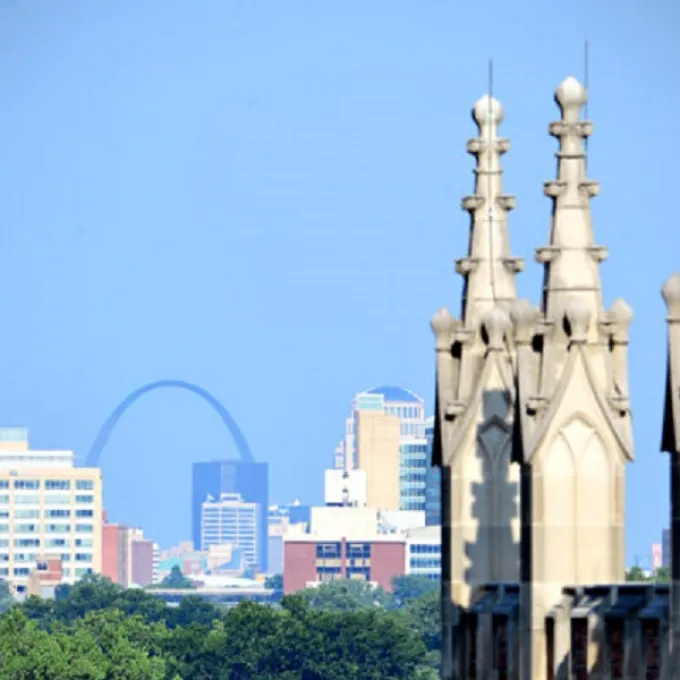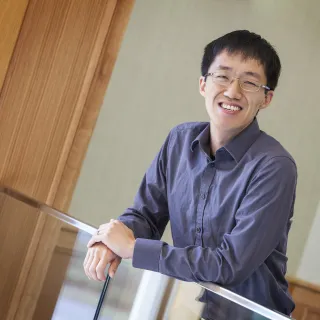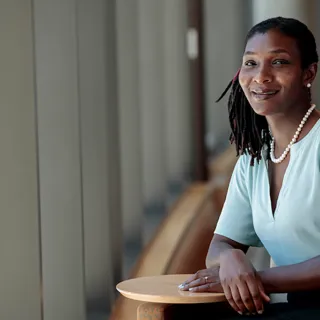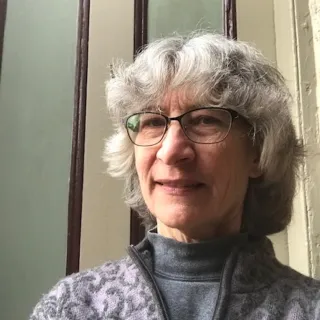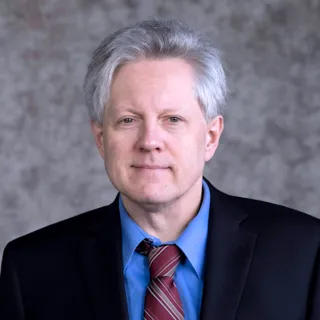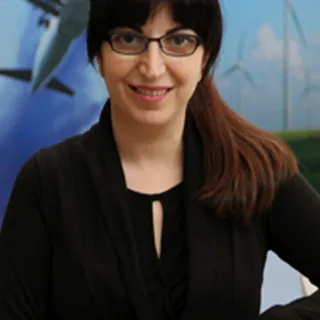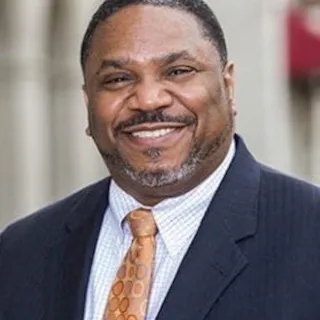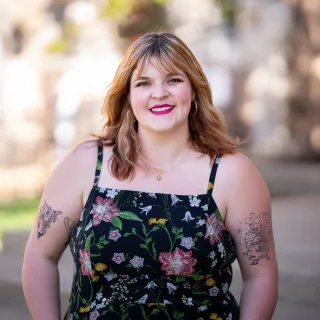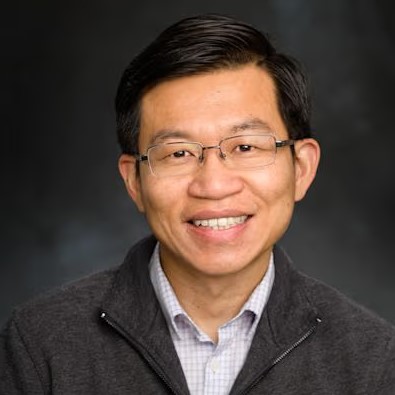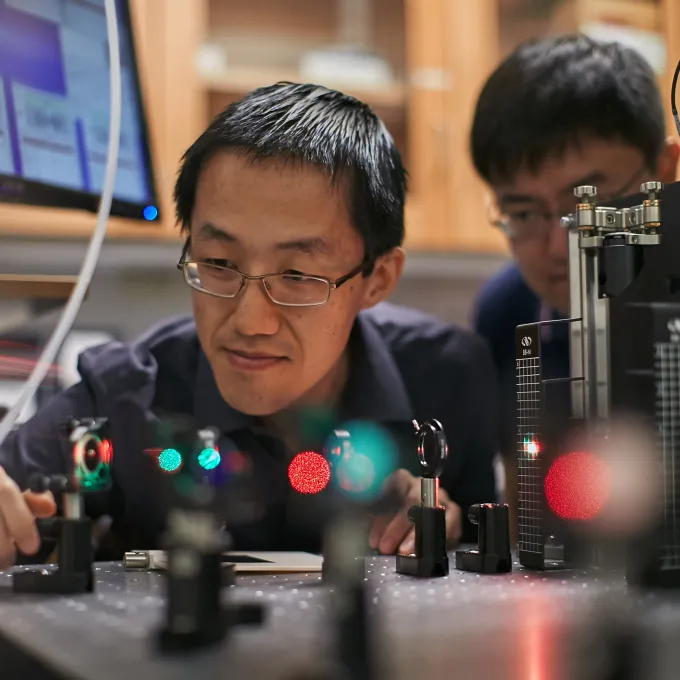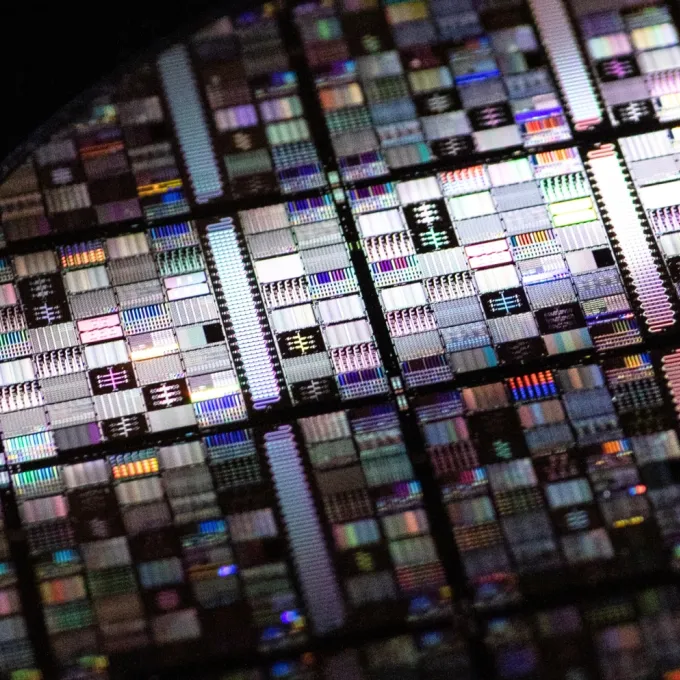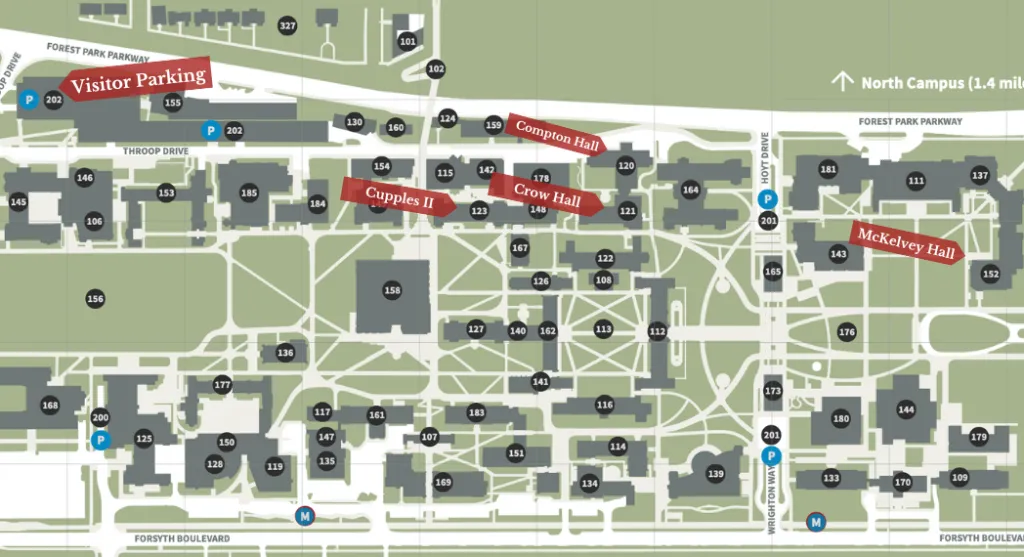Our Vision
The NSF-funded Research Traineeship Linking Quantum Sensing Technologies across Disciplines (NRT LinQ) project aims to foster a rich scientific community in St. Louis built on engagement, professional development, and peer collaboration, in order to achieve a diverse, quantum-technology-enabled workforce.
We are targeting late-stage graduate students who have research interests in “quantum sensing” broadly defined to become a Participant or a Trainee in the NRT LinQ team. Both groups will have access to newly-developed resources, such as professional development workshops, and interdisciplinary connections to propel them to rewarding professional careers.
Our Plan
To prepare our graduate students for the quantum workforce, we will develop new interdisciplinary course content and build connections across research and technology-transfer platforms. Through learning across disciplines, we will improve the language fluency of our graduate students in quantum science and engineering, as well as research in three broad areas: “looking out” beyond the Earth and into the universe; “looking in” to meso- and microscopic domains of quantum material phenomena; and “looking at new (phenomena)”, wherein we strive to use the processes and procedures of quantum sensing to access unmeasured and novel realms.
Participants are all STEM graduate students from WashU, UMSL, SLU, and Harris Stowe State University, who are able to access these NRT LinQ-enhanced opportunities for education and professional training.
Trainees (4th year graduate students, ideally) are WashU STEM graduate students who will be eligible for short-term funded collaborative research or professional development internships (information below).
Our Impact
The St. Louis and Midwest regions have needs for a technologically-trained workforce, especially with the development of new quantum-enabled research themes in sensing. Our NRT LinQ team will support 40 Trainees with funded internships, who will be part of a larger group of over 100 Participants, all of whom benefit from new educational and professional training. Beyond that, our outreach efforts into the St. Louis community at large will allow new learning opportunities and training for Missouri and other Midwestern state teachers and educators to bring quantum science into their own classrooms.
